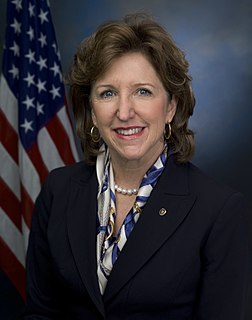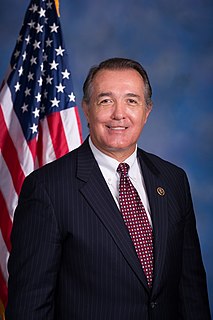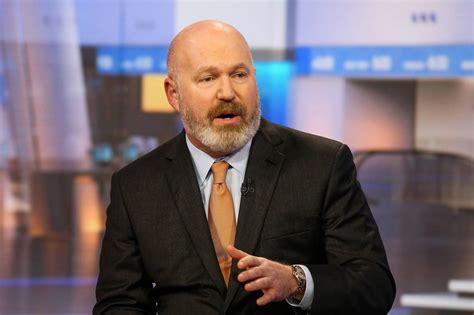Top 75 Lenders Quotes & Sayings
Explore popular Lenders quotes.
Last updated on April 14, 2025.
Certainly I shall use the police, and most ruthlessly, whenever the German people are hurt. But I refuse the notion that the police are protective troops for Jewish stores. No, the police protect whoever comes into Germany legitimately, but it does not exist for the purpose of protecting Jewish money-lenders.
Banks and other providers of credit to households have been competing vigorously to expand or protect their market share. In the process, lending standards have been progressively eroded so that lenders are now engaging in practices that would have been regarded as out of the question five or ten years ago.
The best companies with the strongest credit ratings borrow like the United States: on a non-prioritized basis. This means that in the event of a default, all of their debts are of equal priority because lenders and creditors believe default is highly unlikely. And they spend considerable effort maintaining this status.
The US is not a superpower. The US is a financially dependent country that foreign lenders can close down at will. Washington still hasn’t learned this. American hubris can lead the administration and Congress into a bailout solution that the rest of the world, which has to finance it, might not accept.
One of the issues with some of these lenders is going to be, where will their provider of credit be when there's a crisis? That's why some of these smarter services, to support their operations, are courting more permanent capital. They want a source of longer-term funding that can survive a crisis.


















































